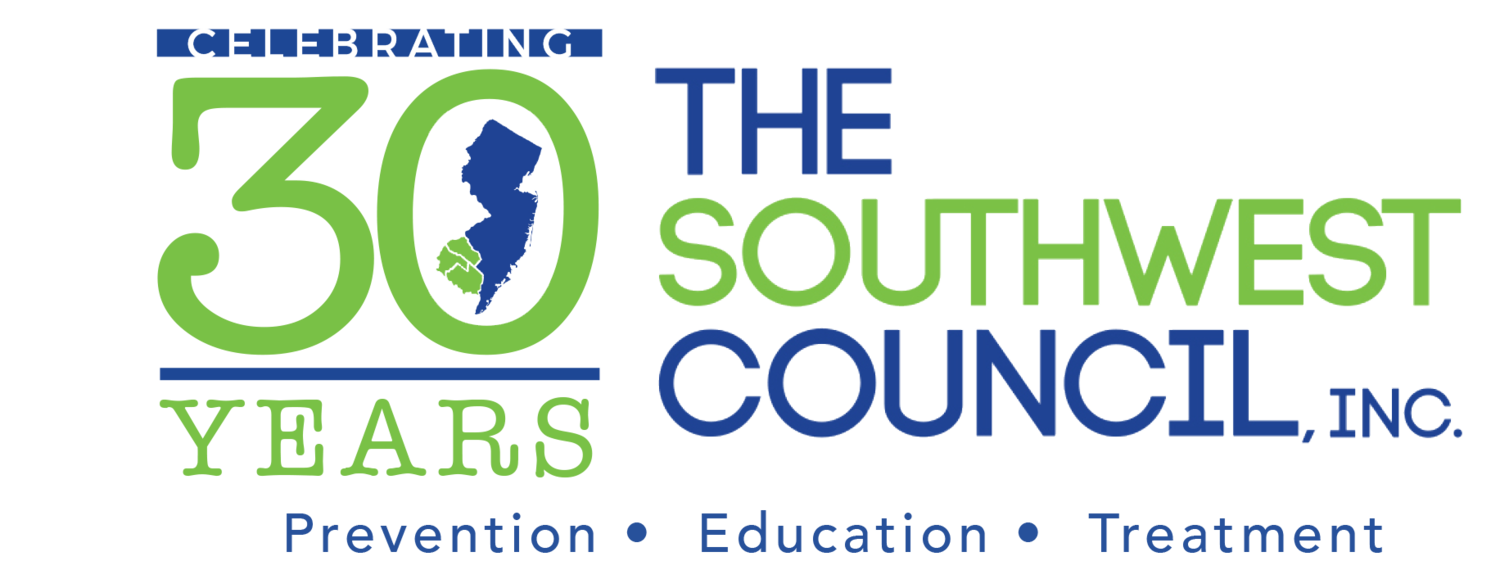By: Bethany Vega
Within the past year there has been a spark of interest in cannabidiol, or better known as CBD. Between driving to work each day and going to various stores, CBD seems to be the hot new natural product that brings a variety of benefits without the dependency and high of tetrahydrocannabinol (THC).
Many, including myself, have wondered what is CBD and what makes it different from THC? Both come from the plant Cannabis Sativa and their molecular make ups are almost identical except for one small difference. In the THC structure there is something called a cyclic ring while CBD has a hydroxyl group. This small alteration creates a big difference between the two. To sum it up quickly, CBD does not give you a high that THC produces.
In our bodies we have a system called Endocannabinoid which regulates our appetites, memory, pain, and mood. When THC and CBD are in our bodies it takes control of that system. In our brains we have CB1 receptors which are affected by both THC and CBD but in different ways. Anandamides are naturally found in our bodies which, when connected to these CB1 receptors, affects the eating behaviors, pleasure and motivation. When someone does something that they love to do their body releases a natural high because of these anandamides.
When THC enters it attaches to these CB1 receptors perfectly and produces that high. CBD is not able to fit perfectly into these receptors which is why someone does not get a high from CBD. It does, however, bind itself to the endocannabinoid system and affect us in other ways that are still being studied.
This does not mean that CBD is necessarily safe to use and risk free. As previously stated there are still studies that are needed to be done to show long-term safety. Since this is something that is still new there is little information available. While CBD marketers say it is good for anxiety, relieving depression, lowering intestinal inflammation, lowering blood pressure, and many other symptoms the best way to know if CBD is good for someone is to talk to their doctor and become educated.
Many CBD oils that are out are not approved by the FDA. Why does that matter? It matters because there is no way to be sure how much CBD is inside of it and packaging may not have all the information on there. In fact, the FDA has only approved CBD to treat two types of serious forms of epilepsy, both of which are rare.
Understanding the difference between THC and CBD is the start, and while it may seem like it is the safer option there are still many risks on both sides- some that have not even presented themselves yet. CBD is still so new to the market that research is having to catch up to try to get ahead. Always talk to a qualified healthcare provider before using CBD. The Southwest Council, Inc. provides free presentations on various topics, including CBD vs. THC. If you are interested in having a presentation please feel free to reach out at (856)-794-1011 or visit us online at www.southwestcouncil.org .





